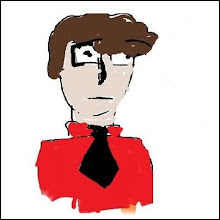I think an issue at heart is whether to make a good movie or a good adaptation? For example, someone could probably make a knockout Dune movie but cut out a number of characters:
Duncan Idaho
Thufir Huwit
Beast Rabban
Gurney Halleck
These are all important characters (well maybe not Rabban), but the point is there could be a good movie that cuts alot out. As a fan I feel a sort of natural rejection of this, but it is assuredly true. Both Stanley Kubrick films The Shining and A Clockwork Orange left the authors of the books they were based off of greatly dissatisfied, but both were great movies.
On the other hand, Peter Jackson's Lord of the Rings series, that series third try as well, managed to be both a good movie AND a good adaptation. As the newest movie started off as a studio project, not a project of a specific auteur, I doubt we'll get either.
